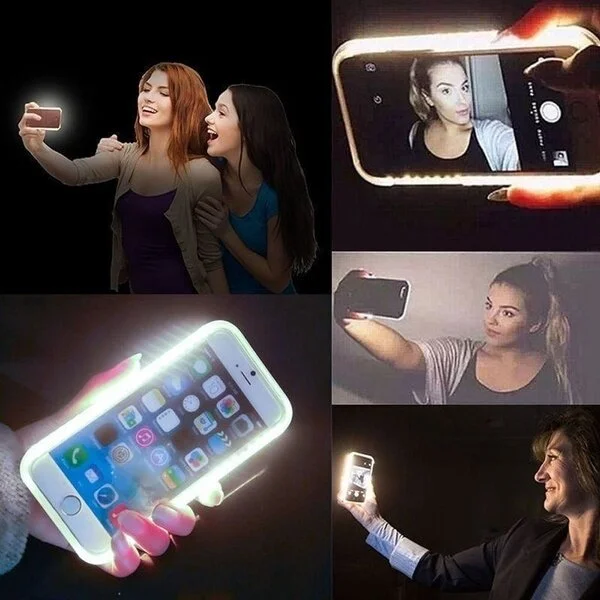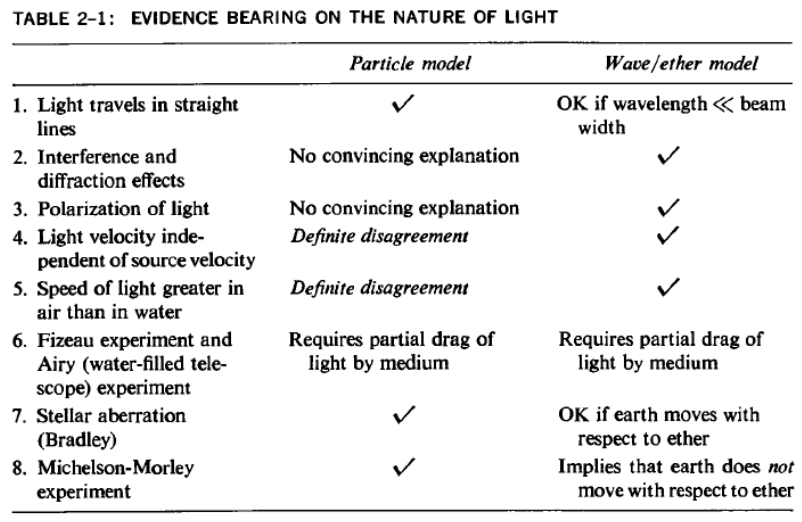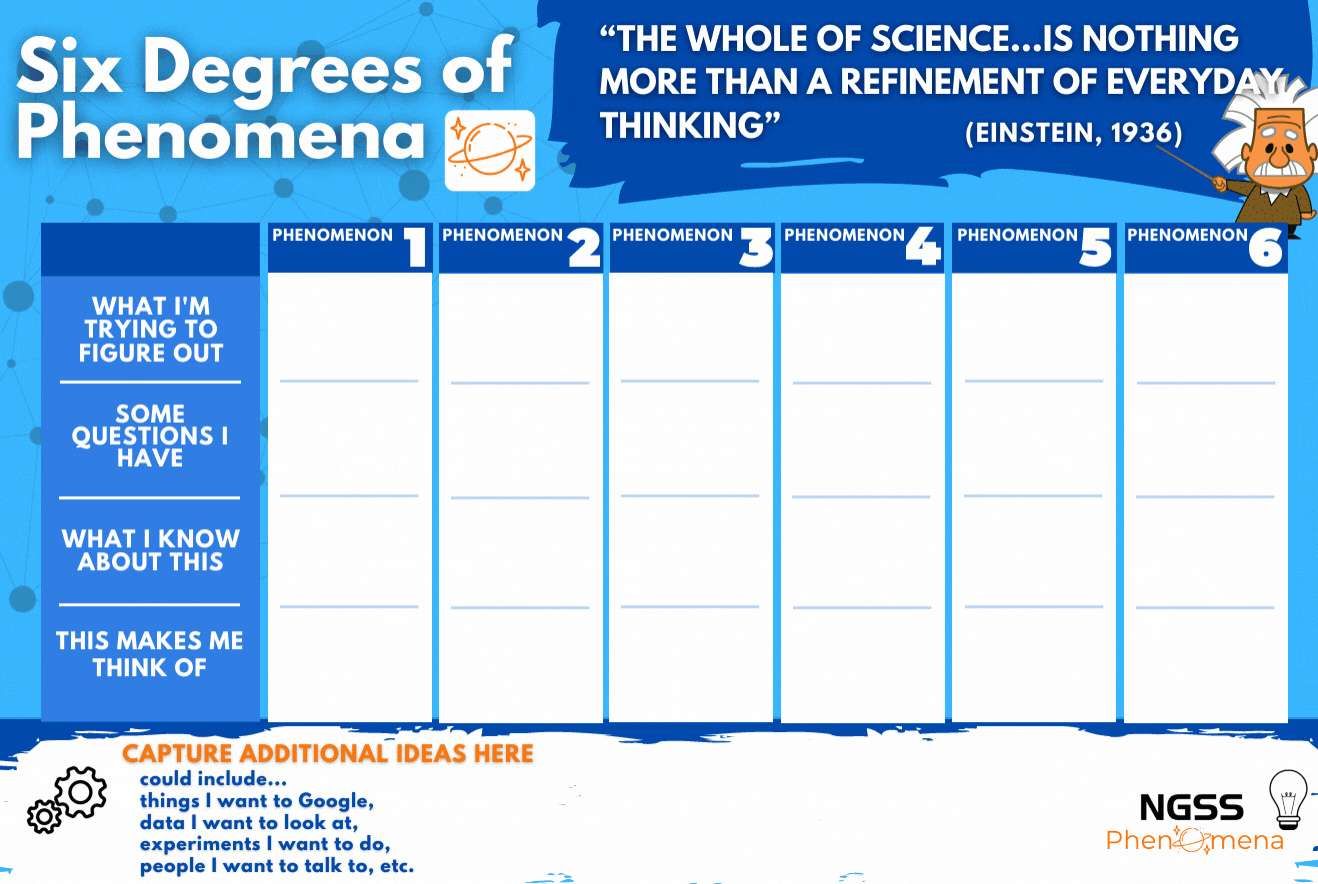VIRTUAL SCIENCE EDUCATION - HIGH SCHOOL RESOURCE
Welcome to Virtual Science Education. Today, we are going to focus on some High School resources to support students as they continue to do and think about science while at home.
WAIT - WHAT’S THE PHENOMENON? Good Selfies?!? Now that is some science that I could get behind…
Everyone knows when you are taking a selfie that you want the sun to your back - wait, is that right? No - you want the sun facing you so you can see everyone’s face - hold up, then you squint. What is this circle thing everyone is using? How do filters work? AHHHHH maybe we should find a fancy photographer’s blog to see what they say ... or, we can try science!
Let’s Look At Some SCIENCE Tools That Help Us Make Sense of Light
Before we go searching for a photo-blog, we found an Arab astronomer, known as Alhazen (c.965-1040) who famously said DON’T BE BELIEVIN’ EVERYTHING YOU READ FROM SCIENTISTS AND GET TO DOIN’ SCIENCE ON YOUR OWN (we paraphrased). So let’s get to doing some figuring out about light and how it messes with our photos.
First off - what are we even talking about? Is light a thing - like air or tables or cheeseburgers? Or is light something else...like a magnetic field? Or gravity? Also, people argue if it is a particle or a wave - what are the arguments for each side?
Ok - so we dug into it and found this table in A.P. French’s book on Special Relativity and it looks super legit sciency and now I might be even more confused than when we started. How are there check marks on both sides? What does “definite disagreement" mean? What are all those crazy things listed on the left? Does this help us at all in thinking about what light actually is?!?
Are our cameras literally capturing light from the universe bouncing off our face? Gross...
Light is always everywhere, sometimes even when it is dark I can adjust my eyes and see where I am trying to go in the middle of the night. Why is the super camera on my smartphone struggling to snap a good pic?
Why didn’t the engineers that developed these cameras think of that? Don’t they take selfies too? If the phone is truly smart - why can’t it figure out what we are - that light is important and we can adjust based on the conditions around us.
Ok so this is complicated. Light does weird stuff...
Now, I feel sort of motivated to figure this out - especially after looking over some of my selfies and other photos I can’t go back in time and sure, there are tons of filters, but I want my photos to look real, because the time I was having when the photo was snapped was real.
Wave, particle, sun, position, conditions, this is a lot to process, especially since I never really thought this science connected to anything I cared about.
Where should I start? Good question. Let’s use some common images (images we all have access to, I’m not sharing my selfies) to start with. This will give us all the same experience and help us share our thinking with each other.
Putting It All Together In AN Explanation USING A MODEL
So here we are - the putting it all together part of our investigation. What should I even put in my model? Does my experience count as evidence? Can I use that table?
Wait. I’m thinking that sometimes it’s light and sometimes maybe it’s just my eyes or the way someone is looking at the photo - after all, some photos get a ton of likes and others get none. What’s up with that? Do we need to consider how we even communicate or how we perceive photos?
We’re going to share both the PDF version and a Google Slides version so you can make changes as needed. Please share your experiences with students and give us feedback via email to [email protected] or via Twitter @ngssphenomena.
Post written by Chris Zieminski & TJ McKenna for ngssphenomena.com
Comment below, or email [email protected].

















